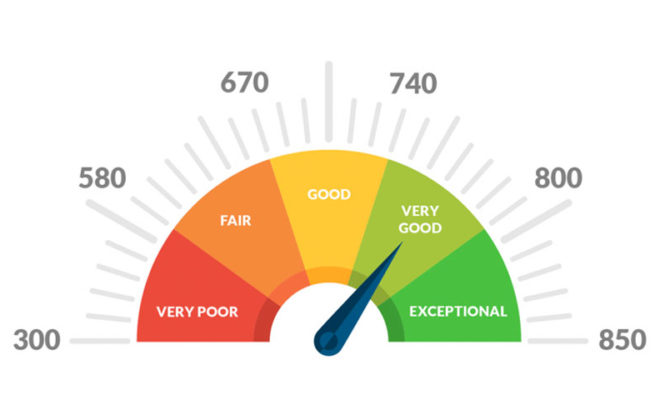Top 10 ways to avoid Bankruptcy

Bankruptcy: Debt can be financially damaging and can even lead to psychological problems like stress and depression. When you are overwhelmed by huge amounts of debt and don’t seem to have a way out, bankruptcy may seem like it is your only option. That has a devastating impact on your credit score and leads to the loss of your property.
Considering the consequences of bankruptcy, it should be the last resort. Learn more with these top 10 ways to avoid bankruptcy.
Cut down your expenses.
When you are in debt, your main objective should be to gather a lot of money monthly to repay your debts. That requires making serious sacrifices and cutting down on your spending as much as possible. You can slash off expenses such as eating out, buying flashy clothes, movies out, expensive dinners and buying unnecessary things. You can even downsize to a smaller house or a cheaper car.
Renegotiate with your creditors
The credit company can make the difference between you filing for bankruptcy or not. So, renegotiate with your creditors when you realize you cannot meet their monthly obligations. There is no assurance that they will agree, but some creditors can review the payment terms and reduce the interest rate or fees.
Prioritize how you will pay your debts
Do not just pay your debts randomly, especially if you are on the verge of bankruptcy. Plan how you will pay the absolute necessities first, such as food, utilities, transportation, child obligation, etc., then start paying the debt with the highest interest rate going on to the next and so forth.
Boost your income
Boost your income by working extra hours a day or finding a side hustle to bring extra cash to the table. Then you can use it to pay off some of your debts.
Sell unnecessary items
Another way to get extra cash is to sell furniture, jewelry, and other unwanted items in your house and use the money to reduce your debts.
Look for consumer credit counseling.
If your debts are stressing the hell out of you, look for a consumer credit counseling professional to help you figure out a debt management plan. They can help bring some clarity to your finances.
Beware of debt consolidation loans.
A debt consolidation loan involves applying for one colossal loan to settle all of your debts so that you only have a single loan to pay every month. It may sound like a quick and easy fix, but it could end up costing you more in the end when you consider the interests and charges. Be wary of such a loan.
Stay away from debt settlement services.
For-profit companies provide debt settlement services whereby you pay them to renegotiate with your creditors. You have to pay the fees upfront, which increases your troubles more. According to consumer reports, debt settlement companies do not offer any relief from debt.
Use debt management services instead.
If you cannot deal with the debts alone, non-profit debt management services come in handy. In such a program, you receive financial counseling, and the fees are lower than for debt settlement services.
Seek the help of a debt attorney
An experienced debt attorney can review your financial situation to help you learn more about your financial options. They can find other alternatives for you, like loan modification.










